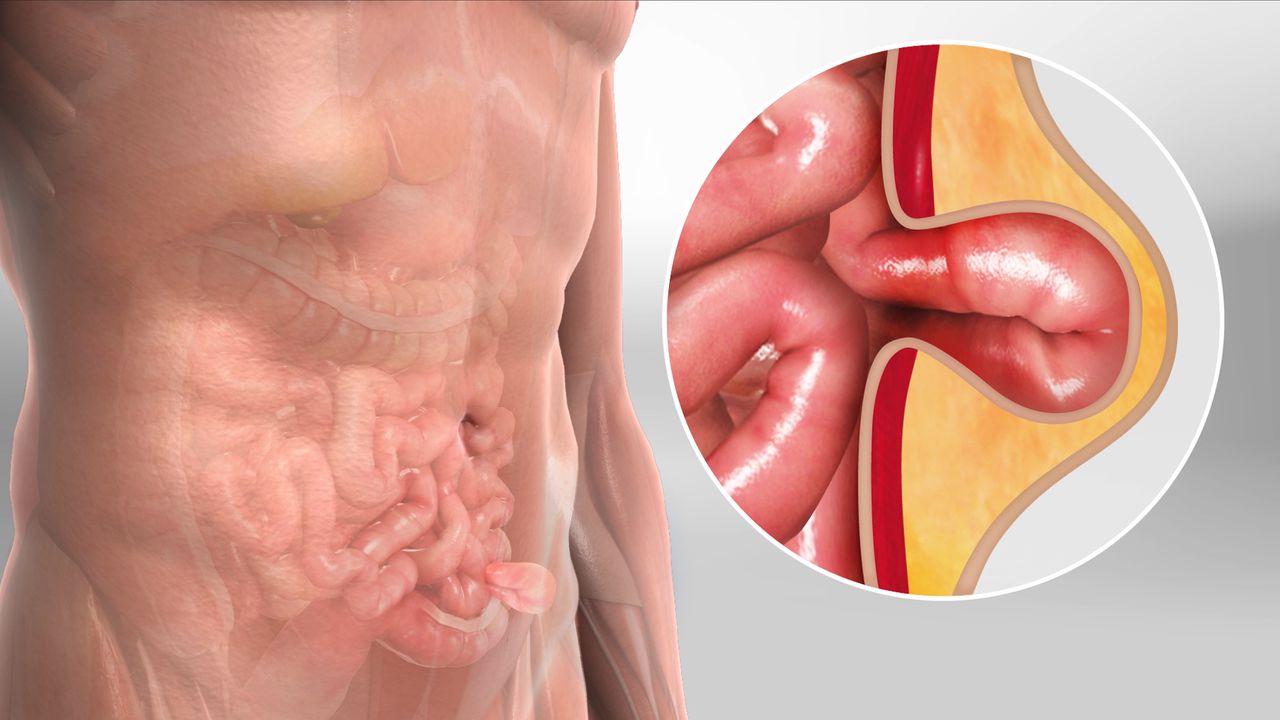
An incisional hernia is a protrusion of tissue that forms at the site of a healing surgical scar. The characteristic “bulge” of an incisional hernia can be identified when you are standing upright or are performing physical activity, such as heavy lifting. Because incisional hernias typically occur at the front of the abdomen, they are considered a type of ventral hernia. In most occurrences, only the abdominal lining protrudes, making incisional hernias less severe than other types. However, incisional hernias do not heal on their own and require surgical treatment to repair.
People who had abdominal surgery are at-risk for developing incisional hernias. They are especially susceptible three to six months following the procedure, when the tissues are healing from the incision. Strenuous activity, substantial weight gain, or pregnancy can cause excessive stress on the healing abdominal tissue and should be avoided during this healing window.
Surgery is necessary to push the protruding tissue back in place, remove any scar tissue, and adhere a surgical mesh on the hernia’s opening to prevent recurrence. At Mount Sinai, our highly skilled surgical team offers patients both open surgery and minimally invasive procedures. The majority of incisional hernias do not return after being repaired; however, a rate of recurrence can range from 5-20 percent in patients who had a previous repair.
General anesthesia is used for all laparoscopic incisional hernia repairs. Patients are awoken immediately after the surgery is finished. Depending on the size of the hernia and the complexity of the surgery, patients either leave on the same day of the surgery or stay overnight in the hospital. As with any operation, complications such as bleeding, infection, injury to the intestines, blood clots, or heart or lung problems may occur. Before surgery, your surgeon will recommend testing to determine if it is safe for you to have the procedure.
In most casesTrusted Source, the abdominal wall heals well after surgery. However, in some cases, a cut in the abdominal wall does not heal as tightly as it should.
This means the abdominal wall is weaker around the area of scarring and is unable to stay intact against the pressure of the abdomen. Abdominal tissue, intestines, or organs may push through the weakened area and protrude.

Copyright © 2022 Dr. Sandhya Bade | All Rights Reserved | Created & Crafted By Itorix Infotech
WhatsApp us